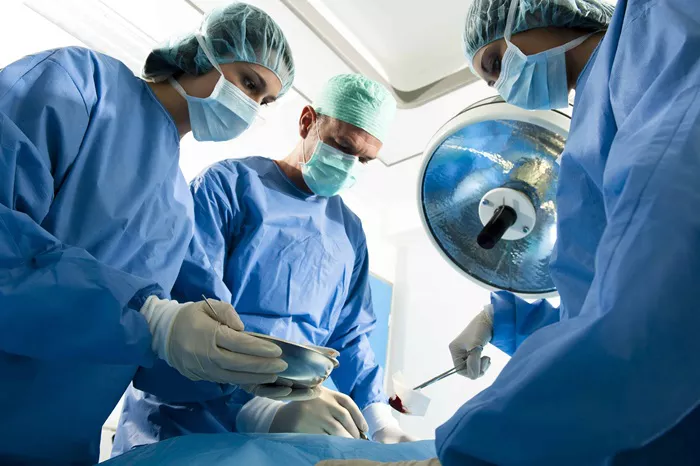DALLAS – May 5, 2025 – A recent study led by researchers at UT Southwestern Medical Center reveals a 15% rise in weight-loss surgeries among U.S. adolescents between 2021 and 2023. This trend occurred despite the FDA’s approval of new weight-loss medications for teenagers. The study, published in The Journal of Pediatrics, highlights how severe obesity is being addressed in adolescents, a group seeing the fastest increase in obesity rates.
According to Sarah Messiah, Ph.D., M.P.H., a professor at UT Southwestern and co-author of the study, the growing access to safe and effective weight-loss treatments is a positive step toward improving adolescent health. “This is the highest number of adolescents having access to this treatment, and we hope it marks the beginning of a successful weight loss journey,” said Messiah, who also directs the Child and Adolescent Population Health Program.
In 2018, the combined prevalence of Class II and III obesity among U.S. adolescents stood at 9.1%. Severe obesity is linked to numerous health problems, including heart disease, liver and kidney issues, sleep apnea, and mental health disorders.
Metabolic and bariatric surgery (MBS), which includes procedures like gastric sleeve, gastric band, and gastric bypass, is widely recognized as the most effective method for long-term weight loss and reducing obesity-related health risks. In contrast, a new class of weight-loss drugs known as glucagon-like peptide-1 receptor agonists (GLP-1RAs) has become increasingly popular. Semaglutide, one of these drugs, was approved for adults in June 2021 and for adolescents in December 2022. These medications can help patients lose 15%-20% of their body weight and offer a less invasive alternative to surgery. However, GLP-1RAs are not covered by Medicaid in most states, including Texas, and their high cost limits access for many.
To examine how the rise of weight-loss medications might influence the use of MBS, Dr. Messiah and her team analyzed data from the Metabolic and Bariatric Surgery Accreditation and Quality Improvement Program. This database includes information from nearly 1,000 U.S. medical centers accredited to perform MBS. The researchers focused on how many adolescents (ages 13-19) and adults underwent MBS between 2021 and 2023, a period marked by the approval of GLP-1RAs for adolescents.
The study found that the number of adolescent surgeries rose from 1,376 in 2021 to 1,581 in 2023. The average age of patients remained nearly the same, slightly decreasing from 17.91 to 17.79. The gastric sleeve procedure made up over 86% of all surgeries performed on adolescents.
Although MBS rates increased for adults from 209,829 procedures in 2021 to 229,159 in 2022, they dropped to 216,323 in 2023. Researchers suggest this decline could be due to more adults opting for GLP-1RAs rather than surgery.
The study also revealed that much of the increase in adolescent surgeries occurred among Hispanic and non-Hispanic Black teens, ethnic groups disproportionately affected by severe obesity. However, the findings also pointed to a concern: about one-third of adolescents undergoing surgery had a BMI over 50. Dr. Messiah emphasized that earlier intervention with MBS could help lower BMI at younger ages, potentially reducing long-term health risks.
Dr. Sarah Barlow, co-lead author and professor of pediatrics at UT Southwestern, stressed that severe obesity is common and unlikely to improve with lifestyle changes alone. “The number of bariatric surgeries is still relatively low compared to the need,” she said.
Looking ahead, researchers anticipate that treatment for severe obesity will involve a combination of MBS, weight-loss medications, and lifestyle changes to support long-term health.
The study was funded by a grant from the National Institute of Child Health and Human Development (R21HD105129).
Contributing researchers include: Faisal Qureshi, M.D., M.B.A.; Alicia Wheelington, Ph.D.; Bethany Cartwright, M.D., Ph.D.; Benjamin Schneider, M.D.; Ildiko Lingvay, M.D., M.P.H.; Jaime Almandoz, M.D., M.B.A.; M. Sunil Mathew, M.S.; and Jackson M. Francis, M.P.H.
Related Topics:
How Do Fat Loss Injections Work for Weight Loss


